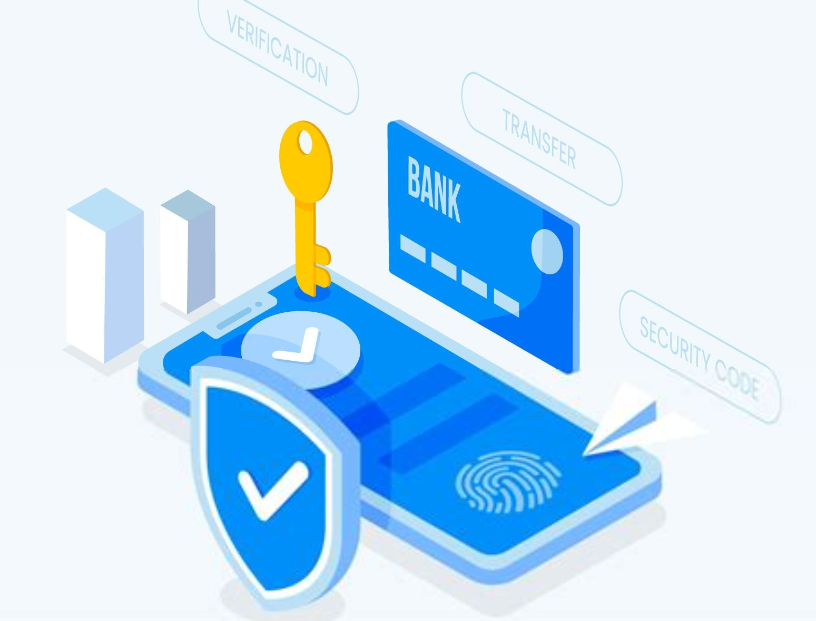
There are many avenues of payment on the market today that enable your clients to make payment for the products and services they order from your business. Basic payment methods like wire transfers (Electronic funds transfers), cash, direct bank deposit and cheques are accepted by most businesses and offer you clients a good base of general payment methods. But it is always a good thing to give your clients choice.
Online orders can be settled through several other payment methods. Join me as I take a look at what payment gateways are available to the small business owner and suggest easy to follow methods of identifying which payment gateway would suit your businesses’ style best.
International vs local clientele
First on the list is identifying what kind of clients your business has. Are most of your clients based in your own region or country or do the majority of your sales come from clients that are outside of your country or immediate geographic region.
It is also important to ask yourself what currency your clients will be paying you in. Most payment gateways have supported and non-supported currencies. So always pick one that supports the currencies your clients will want to pay in.

Instant vs scheduled payment
Now you need to determine the types of payments you will be collecting. Ask yourself if your clients will be making once off or recurring payments?
If your clients need to make once off payments you can look at services that provide the client with the ability to make an instant, secure credit card payment. You can also look at an online payment facilitator, like PayPal, that allows instant payment via account that can be topped up via credit card, bank account or wire transfer.
If your clients need to be billed on a recurring basis for the products or services you sell – eg. a monthly subscription to a magazine – you can look into a payment gateway that facilitates the submission of recurring debit orders on credit card or bank account. Most of these services only support certain currencies, so make sure you pick one that supports collections in the currencies your clients need to be billed in.

Overall service and fees
After you have narrowed down what type of payments you need to collect and in what currency you can use the following criteria to determine which of the payment gateways that remain will best for your business:
- Transaction fees: Investigate the fees each gateway charges and compare them. Some gateways also have security deposits that need to be paid and strict withdrawal policies, so check it out before committing.
- Reporting: Does the gateway provide adequate information for accurate account reconciliation? Do they inform you of bounced payments and securely store client payment details.
- Merchant account: Do you have a merchant account at a financial institution? If not, some gateways provide an integrated merchant account. Find out what kind of bank accounts you will require to withdraw funds from or use a specific payment gateway before signing up.
- Do they comply with local and international regulations governing payment gateways? Check with your local governing body to make sure the payment gateway you want to use complies.





